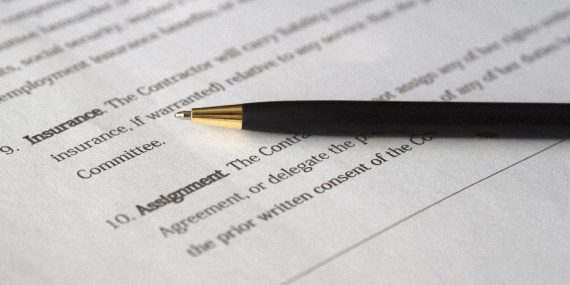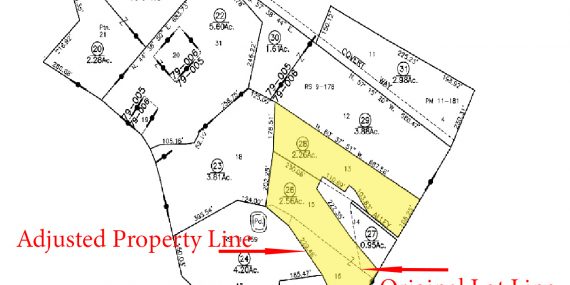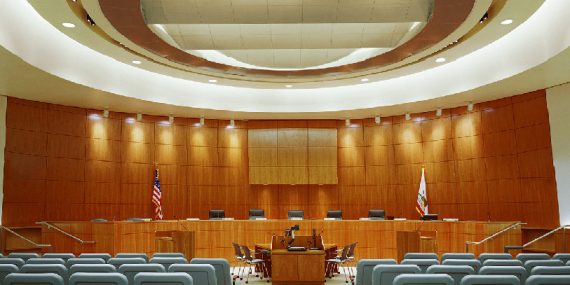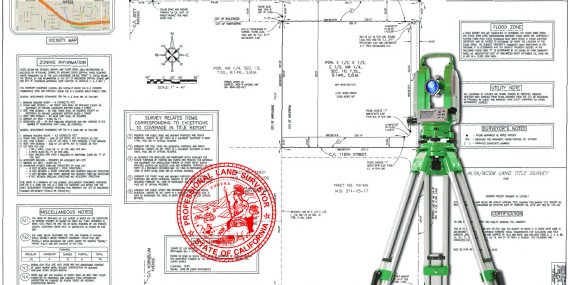WHAT IS PROBATE
In simplified terms, probate is the legal process of settling the financial affairs of a deceased individual after they die via court supervision; i.e. the distribution of their assets and payment of their debts. On average, probate in California takes about twelve to eighteen months. However, if problems arise, the process can much longer. The Will:Often, this entire process pivots on the existence of a Will, if it can be located, its contents, and its validity will dictate the parties and actions to be taken. In short, a Will is […]








